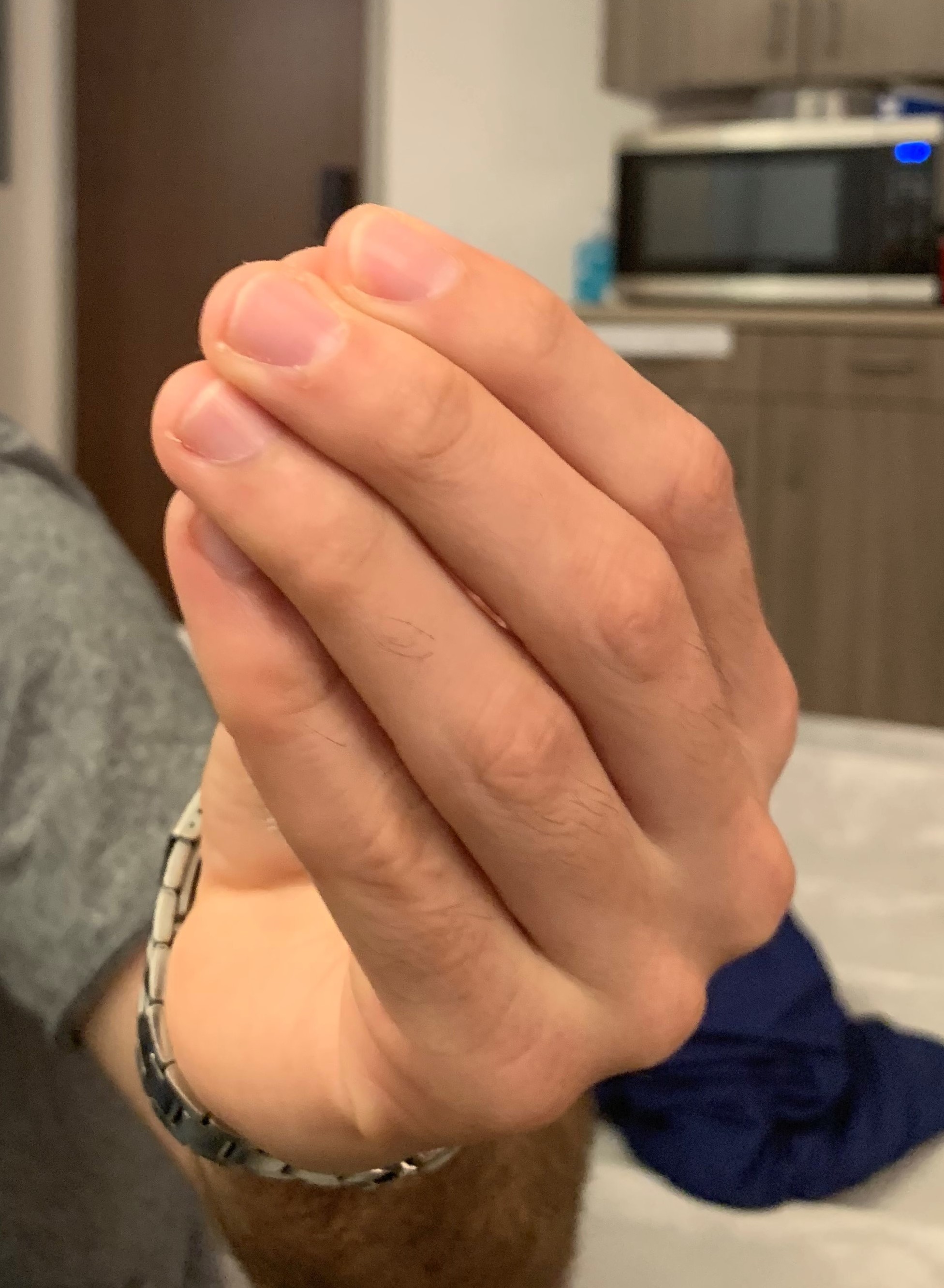Abstract: Notch is a game played amongst college students. If someone says they are going to do something and another person responds by saying “Notch,” the person must complete that task or shave a section off of his/her eyebrow.
Background: JW is a college senior in California. He grew up in California his whole life, and learned this game from one of his friend in high school. Instead of saying “bet” when someone said they would do something, his friend wanted to take it to the next level by adding an actual punishment of shaving part of an eyebrow. It might not have been his friend’s original idea as it is being played and known across campus, but nonetheless, it takes the saying “bet” to a whole new level. We got into our discussion after one of his roommates said he would take out the trash in five minutes to which JW replied, “notch.” The questioning began.
The game:
JW: So, yeah, one person says they’re gonna do something and I say “notch.” Then if they don’t do it, bye bye eyebrow.
Example:
Person 1: It’s so hot in this room I’m gonna pour a bunch of ice water on myself.
Person 2: Notch!
Person 1 must now dump ice water on himself or shave off a small portion of his eyebrow as a sacrifice.
Interpretation: This game is a ploy to get people to stick to their word or face the ultimate consequence: humiliation. If people do not want to start losing eyebrows left and right, they will begin to be more careful about what they say they are going to do. This can bring loyalty and trust to friend groups because after a while, each member will inherently understand that they could always lose an eyebrow if they don’t follow through.

